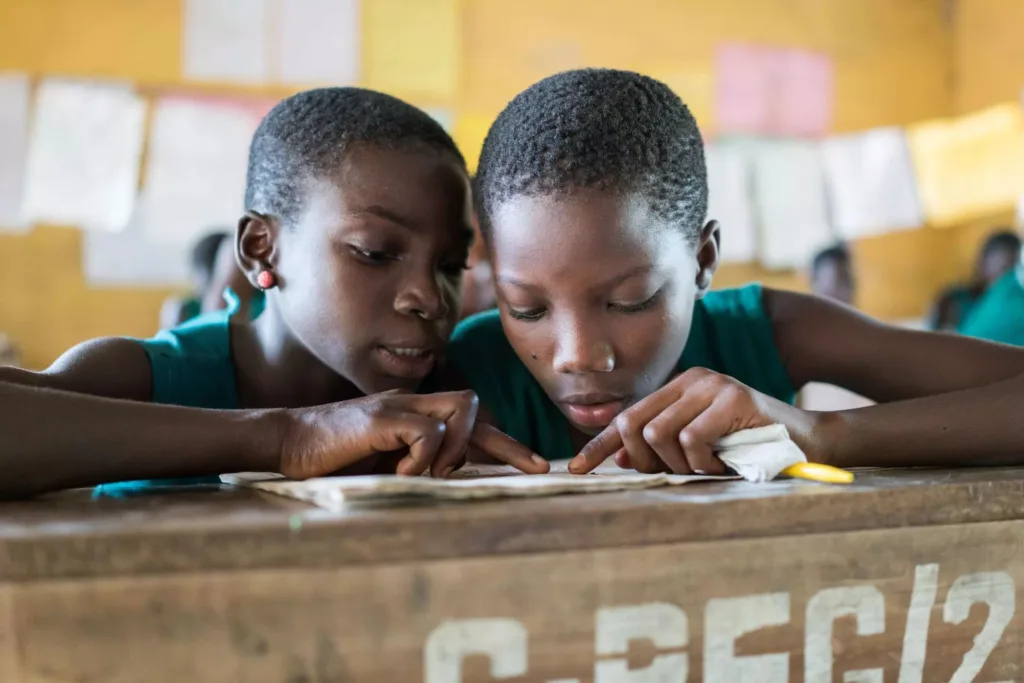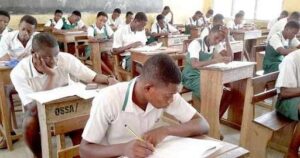The Ministry of Education has reiterated that the study of English remains a core subject in Ghana’s schools, dismissing claims that it has been cancelled. In a statement issued on October 29 2025, the Ministry emphasised that while discussions continue around the use of mother-tongue instruction in early grades, this in no way signals the removal of English or other international languages from the curriculum.
According to the statement, the longstanding policy of teaching children using a familiar or home language in Kindergarten through Basic Year 3 is being reaffirmed for foundational literacy purposes, not as a replacement for English. “The policy on the use of children’s home or playground languages alongside English and other additional languages is not new,” the Ministry noted, adding that its implementation has at times been inconsistent.
The Ministry pointed out that global research supports instruction in a language a learner understands in early education, this enhances comprehension and paves the way for proficiency in English and other languages. It stressed that English will continue to be taught from the lower grades and used as a medium of instruction as pupils progress.

The clarification comes amid public debate triggered by earlier comments from the Haruna Iddrisu, the Education Minister, who announced that the use of local languages would be made compulsory in schools for foundational years. Some reports mistakenly interpreted that as meaning English would be phased out, prompting concern among parents, teachers and educational stakeholders.
Responding to the misinterpretation, the Ghana Education Service Deputy Minister, Clement Abas Apaak, clarified that the directive applies only to Kindergarten and Primary Years 1-3, and does not extend to the full basic school level. He said the Ministry’s objective is to bolster early-year learning outcomes by ensuring students grasp core concepts in a language they understand before English becomes the dominant medium.
In practical terms, this means that in these early years, lessons may be delivered in a pupil’s home language alongside English, but English remains present and will assume greater prominence as learners advance. The Ministry stressed that every learner retains the right to quality instruction in English and that the subject is not being cancelled or downgraded.

Education experts say the Ministry’s clarification is timely. They note that while the use of mother-tongue in foundational education is widely supported in educational research, miscommunication or misinformation about policy shifts can create uncertainty among parents and teachers. According to one analyst, “The risk is that parents may withdraw support for English language teaching if they believe it is being phased out, which would undermine learners’ future prospects.”
For Ghana, where English is the official language of instruction beyond basic levels and is pivotal for entry into senior secondary schools, tertiary education and international scholarship opportunities, the assurance that English will remain central is critical. The Ministry’s reaffirmation is intended to safeguard that continuity and reassure stakeholders that foundational reforms are meant to complement, not replace, the English-language pathway.
Teachers and school administrators have been urged to keep parents and guardians informed about the policy’s implementation and to address any concerns promptly. The Ministry has pledged to issue operational guidelines and provide training for teachers on multilingual instructional strategies in the early years, while continuing to strengthen English-language teaching across all levels.

Looking ahead, the Ministry has indicated that it will continue to review and refine Ghana’s language-in-education policy, engaging stakeholders across the education ecosystem, including teachers, parents, language specialists and academia, to ensure the best outcomes for learners. It emphasised that no abrupt or radical shift is intended, and that any adjustments will be implemented gradually, transparently and in alignment with global best practice.
As the education sector adapts to evolving pedagogical research and Ghana’s multilingual context, the Ministry’s message is clear: English remains safe and central to the school curriculum, and reforms aimed at boosting foundational literacy through home-language instruction are designed to support, not supplant, it.
Haruna Iddrisu Orders Immediate Use of Local Languages in Ghanaian Classrooms

